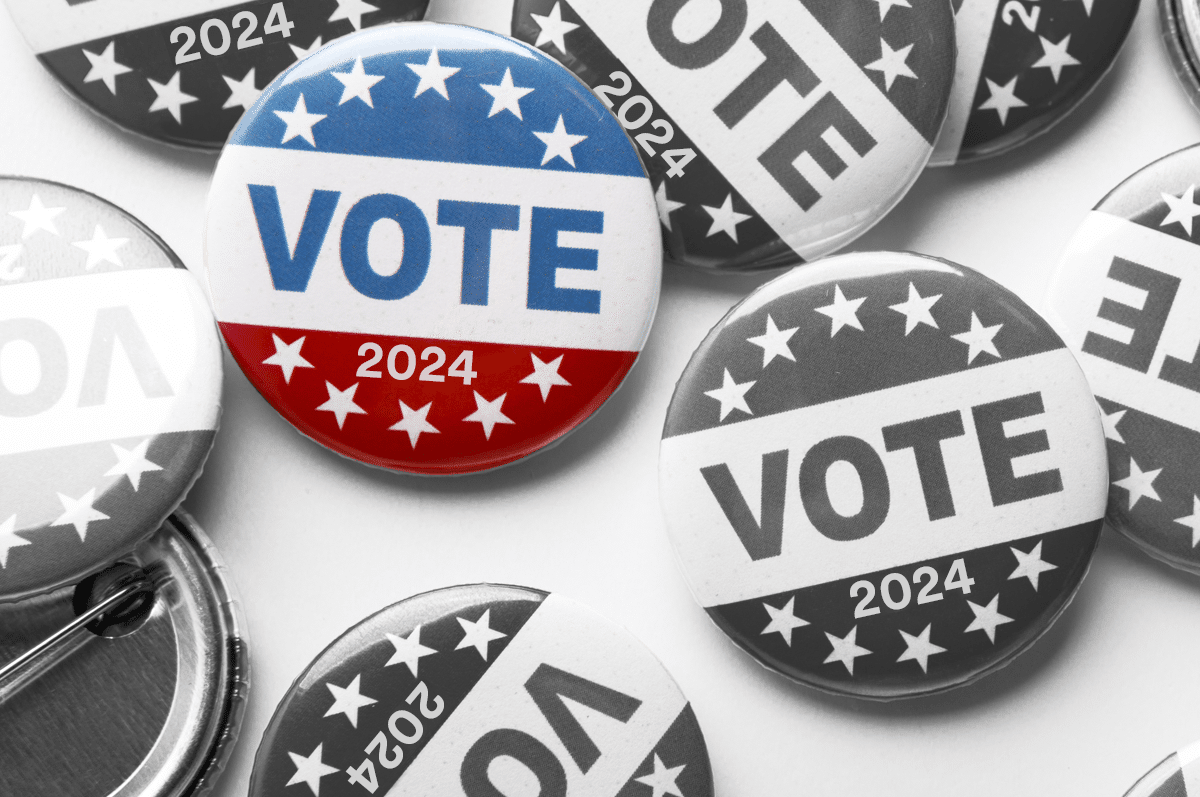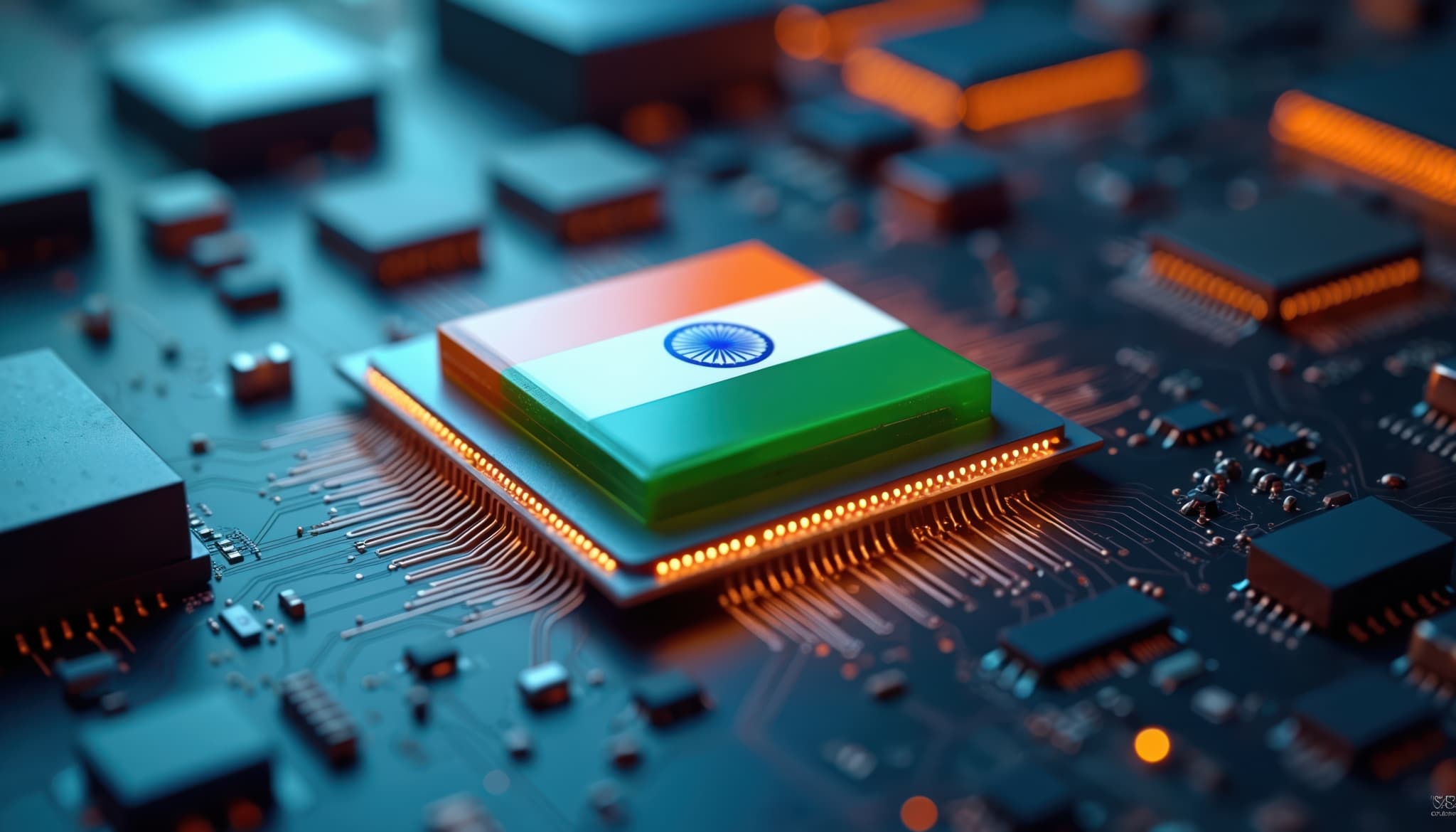Resources
Navigating the Cybersecurity Frontier: Protecting the 2024 U.S. Presidential Election
By Nick Graham - Solution Architect – Public Sector, Skyhigh Security
November 20, 2023 3 Minute Read

The 2024 U.S. Presidential Election is set against a backdrop of heightened cybersecurity concerns, with the integrity of the democratic process at stake. The lessons learned from previous elections have underscored the necessity of robust security measures. This comprehensive analysis explores the multifaceted approach required to secure the election, considering the advancements in technology and the evolving landscape of cyber threats.
The Evolving Cybersecurity Landscape
In recent years, the cybersecurity landscape has undergone rapid transformation. The proliferation of Internet of Things (IoT) devices, the emergence of deepfake technology, and the influential role of social media have introduced new vectors for cyber threats. Securing the 2024 election will require a holistic strategy that addresses these diverse challenges.
IoT Security in Election Infrastructure
The integration of IoT devices into election infrastructure, such as security cameras and electronic badge readers, has introduced novel security considerations. Ensuring the integrity of these devices is paramount. This involves implementing end-to-end encryption, rigorous authentication protocols, and regular security updates to protect against unauthorized access and interference.
The Deepfake Dilemma
Deepfake technology poses a significant threat to the political discourse. The potential for creating convincing falsified videos and audio can undermine public trust and influence voter perceptions. Combatting this threat necessitates the deployment of AI-powered detection tools, digital watermarking, and public education to enhance media literacy. Social media platforms, in particular, must be vigilant in monitoring and mitigating the spread of such content.
Social Media: A Double-Edged Sword
Social media platforms are at the center of political campaigning and public debate. While they enable unprecedented engagement and information dissemination, they also present opportunities for misinformation and foreign interference. Securing these platforms involves a combination of AI-driven content monitoring, user verification processes, and collaboration with fact-checkers to ensure the authenticity of shared information.
The Promise of AI in Cybersecurity
Artificial intelligence (AI) holds the potential to revolutionize cybersecurity in the electoral context. AI can offer continuous monitoring of election systems, real-time detection of anomalies, and automated responses to potential threats. By reducing the reliance on human intervention, AI can enhance efficiency and reduce the costs associated with securing the election.
Biometric Advancements and Voter Privacy
The adoption of biometric technologies, such as facial recognition, offers a powerful tool for voter authentication and access control. However, the use of such personal data raises significant privacy concerns. Election officials must navigate the delicate balance between leveraging biometric data for security and adhering to privacy laws that protect Personally Identifiable Information (PII). This requires a framework that ensures consent, data minimization, secure storage, and adherence to ethical standards.
Legislative and Policy Considerations
The legal framework governing election cybersecurity must evolve in tandem with technological advancements. New policies and regulations must set standards for the security of election systems, including the certification of IoT devices and the handling of biometric data. Moreover, international cooperation is essential to address the global nature of cyber threats, sharing intelligence, and coordinating responses.
Public Trust and the Role of Education
Maintaining public trust in the electoral process is crucial. Voter education campaigns that inform the electorate about security measures, how to verify information, and the importance of cybersecurity hygiene are vital. Transparency about the steps taken to secure the election can bolster public confidence and encourage informed participation.
The 2024 U.S. Presidential Election represents a critical test for cybersecurity in the democratic process. A comprehensive security strategy must encompass the protection of IoT devices, the detection and mitigation of deepfakes, the securing of social media platforms, and the ethical integration of AI and biometric technologies. This strategy must be underpinned by robust legislative frameworks, international collaboration, and a commitment to voter privacy and education.
As we approach this pivotal event, it is incumbent upon election officials, technology providers, policymakers, and the electorate to collaborate in ensuring a secure, fair, and transparent election. The future of democracy may well depend on the actions taken today to protect the sanctity of the electoral process in the digital age.
Learn more about Skyhigh Security’s approach to artificial intelligence.
Back to BlogsRelated Content
Trending Blogs
LLM Attributes Every CISO Should Track Today
Sarang Warudkar February 18, 2026
From DPDPA Requirements to Data Visibility: The DSPM Imperative
Niharika Ray and Sarang Warudkar February 12, 2026
Skyhigh Security Q4 2025: Sharper control, clearer visibility, and faster action across data, web, and cloud
Thyaga Vasudevan January 21, 2026
The Hidden GenAI Risk That Could Cost Your Company Millions (And How to Fix It Today)
Jesse Grindeland December 18, 2025
Skyhigh Security Predictions: 2026 Is the Year AI Forces a New Blueprint for Enterprise Security
Thyaga Vasudevan December 12, 2025











